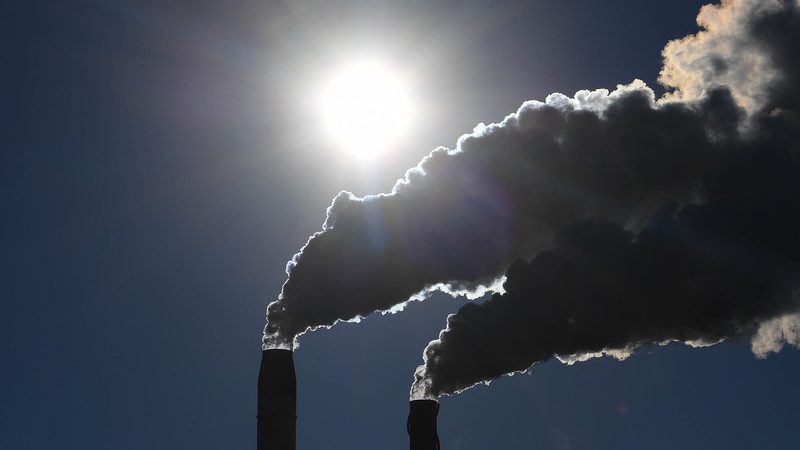Banks led by ING and including Citi, Goldman Sachs, Societe Generale, Standard Chartered and UniCredit have formed a working group to help decarbonize the steel sector and achieve net-zero steelmaking by 2050.
The banks are all major lenders to the steel industry, ING said in a May 27 statement. The banks’ Steel Climate-Aligned Finance Working Group will define common standards for measuring progress on climate targets, proactively supporting the steel sector’s decarbonization.
“Many industries have low-carbon technologies, but the steel sector, which emits roughly 7% of global energy emissions and is heavily dependent on coal, currently lacks commercially viable alternatives,” ING said. “Since the sector is so carbon intensive, there are expectations that financial institutions should support its decarbonization, but so far financial institutions lack the practical tools to do this effectively.”
Senior representatives from each bank’s metals and mining teams will work to draft a climate-aligned finance agreement for the sector, including the scope, emissions pathways, methodologies and governance structure, ING said. The draft will align with other initiatives as much as possible, and help set global best practices on climate for financial institutions that facilitate steelmaking.
“The challenge for the steel sector to decarbonize is significant, with alternative technology paths unproven and not yet commercialised,” said Arnout van Heukelem, global head of Metals, Mining and Fertilizers at ING, in the statement.
Current steel production in Europe is heavily reliant on coking coal, met coke and iron ore as raw materials, along with metallics and scrap, where global trade financing, shipping and risk management forms a crucial part of the steel industry. Investments supporting the sectors, including low-carbon projects in steel and raw materials processing and logistics, have increased demand for capital and debates around public sector support.
“The agreement will be modelled after the Poseidon Principles, the first sector-specific climate-aligned finance agreement for maritime shipping,” ING said.
“The Poseidon Principles were launched in July 2019 with 11 banking signatories representing $100 billion — or 20% — of senior shipping debt and have since more than doubled to 24 signatories representing $175 billion as of March 2021. Developed through unprecedented multi-stakeholder collaboration between major shipping lenders, industrial corporates, and experts, the Poseidon Principles set the stage for a similar framework in other sectors, such as steel.”
The six banks aim to get more banks to join in the final climate-alignment agreement, which will be released at the 26th UN Climate Change Conference of the Parties, or COP26, in November 2021, it said. The working group falls under the umbrella of the recently launched Net Zero Steel Initiative, which is part of the broader Mission Possible Platform, it added.
— Hector Forster






